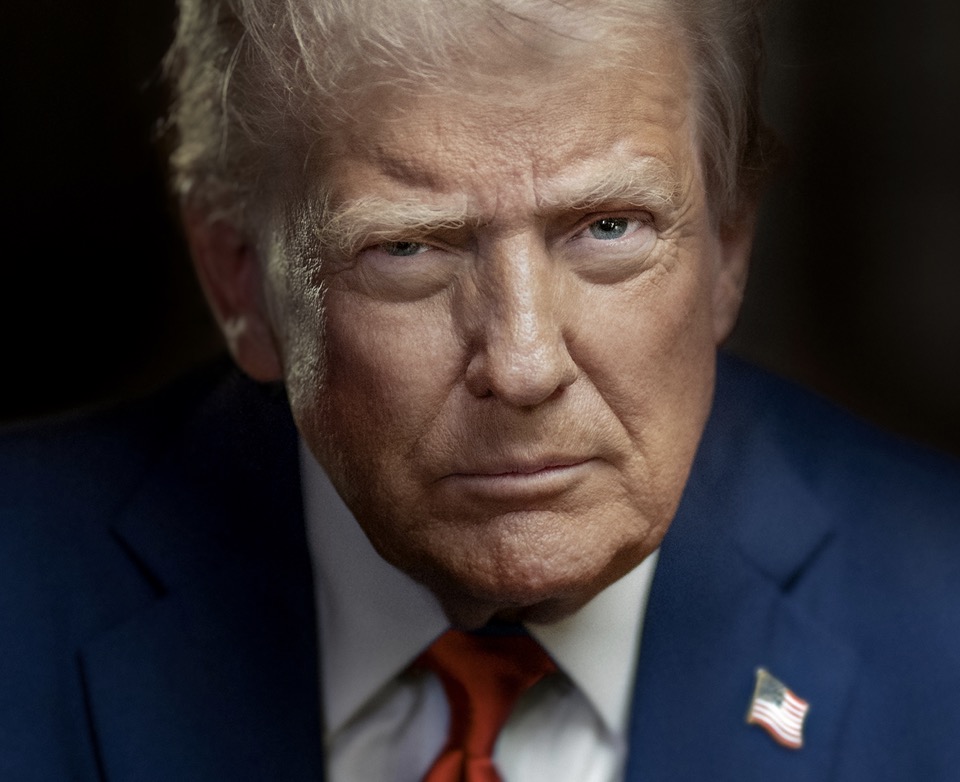A draft executive order threatens to withhold billions in broadband funding and unleash federal lawsuits against states like California and Colorado for enacting their own AI safety laws.
- Federal vs. State Conflict: The Trump administration is drafting an executive order to sue states with AI regulations and block them from accessing federal broadband grants, reviving a strategy previously rejected by the Senate in a 99-1 vote.
- Financial Leverage: The order targets the $42 billion BEAD program, specifically threatening to withhold “non-deployment” funds from states with AI laws deemed obstructive to national policy.
- Ideological Battle: Trump frames state regulations as attempts to embed “DEI ideology” and argues that a unified federal standard is essential to compete with China, while critics fear the preemption of vital consumer protections.
In a move that signals a dramatic escalation in the battle over artificial intelligence regulation, President Trump is reportedly considering an executive order that would aggressively penalize states for enacting their own AI laws. The draft order, titled “Eliminating State Law Obstruction of National AI Policy,” seeks to establish federal supremacy by weaponizing federal funding and legal action against state-level governance. This strategy effectively resurrects a controversial proposal by Senator Ted Cruz (R-Texas) that was previously defeated in the Senate by a near-unanimous margin.
The Return of the “Cruz Plan”
The core of this new executive push mirrors a legislative attempt by Senator Cruz to bar states with AI regulations from accessing the $42 billion Broadband Equity, Access, and Deployment (BEAD) program. Cruz’s original amendment was so unpopular that it failed 99-1, with Cruz eventually voting against his own proposal. However, the idea has found new life within the Trump administration.
The draft order directs the Commerce Department to issue a policy notice declaring that states with conflicting AI laws are “ineligible for non-deployment funds, to the maximum extent allowed by Federal law.” This targets a significant portion of the BEAD program. Following a Trump-era overhaul of the program, it is projected that only half of the allocated $42 billion will be used for direct broadband deployment. The remaining funds—intended for initiatives like Wi-Fi provision, device access, and municipal permitting—would now be held hostage to force state compliance on AI deregulation.
The “AI Litigation Task Force”
Beyond financial penalties, the draft order proposes a direct legal offensive. It instructs the Attorney General to establish an “AI Litigation Task Force.” The sole responsibility of this body would be to challenge state AI laws in court, arguing that they unconstitutionally regulate interstate commerce, are preempted by federal regulations, or violate the First Amendment.
The administration’s stated goal is to ensure a “minimally burdensome national standard” rather than navigating “50 discordant State ones.” The draft specifically names laws in California and Colorado as targets for evaluation. It focuses particularly on laws that might compel AI developers to disclose information or alter “truthful outputs”—language that aligns with Trump’s recent claims on Truth Social that states are trying to “embed DEI ideology into AI models.”
A Broad Regulatory Sweep
The scope of the draft order extends well beyond the Department of Justice and broadband funding. It calls for a government-wide assessment, directing various federal agencies to determine if their discretionary grants can also be conditioned on states repealing or refraining from AI regulation.
Furthermore, the order seeks to mobilize independent agencies. It directs the Federal Communications Commission (FCC) to consider a federal reporting standard that would preempt state laws and instructs the Federal Trade Commission (FTC) to issue policy statements declaring that state laws requiring alterations to AI outputs could be considered “deceptive acts.”
The Political Divide and Future Legislation
The push for federal preemption is not just happening via executive order; it is also being maneuvered through Congress. House Majority Leader Steve Scalise has suggested adding a ban on state AI laws to the National Defense Authorization Act (NDAA). Trump has explicitly endorsed this approach, arguing that without a single federal standard, “China will easily catch us in the AI race.”
This approach faces significant bipartisan resistance. When the Cruz plan was first introduced, it was opposed by Republicans like Senator Marsha Blackburn, who argued that blocking states from protecting citizens is untenable until federal safety laws are passed. Democrats share this concern, with Senator Maria Cantwell warning that preemption could wipe out “good state consumer protection laws” regarding deepfakes and robocalls. As Senator Jack Reed noted, “We have to allow states to take the lead because we’re not able to, so far in Washington, come up with appropriate legislation.”
As the administration prepares to review legislative recommendations for a uniform federal framework, the conflict sets the stage for a major constitutional and political showdown over who gets to control the future of artificial intelligence in America.


